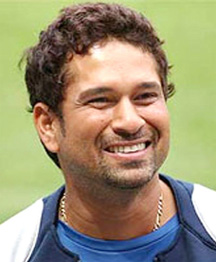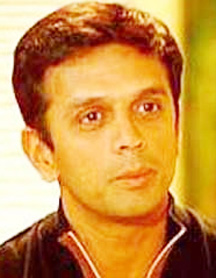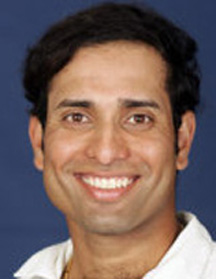NEW DELHI, (Reuters) – The very thought of Sachin Tendulkar and his contemporaries being shown the exit door would have been dismissed a year ago, but the majority of the Indian cricket fans are now convinced that the ‘golden generation’ should make way for new blood.

After a decade-and-a-half of blind worship, fans believe their demigods have been rendered immobile by feet of clay and are ready to thank them for the memories and move on.
The last time Tendulkar featured in a newspaper poll was when readers were asked who should be the first sportsperson to receive India’s highest civilian award, a Bharat Ratna.
As India succumbed to their second straight overseas whitewash in Australia, the Hindustan Times newspaper carried a poll this weekend in which more than 36 percent opined the 38-year-old ‘Little Master’ should hang up his bat.

Quite a significant percentage, considering the man in question has virtually been the sacred cow of Indian cricket since his first test century in 1990.
The results were even worse for the two stalwarts Tendulkar sits sandwiched between in the batting order.
More than 58 percent favoured 39-year-old Rahul Dravid’s immediate departure while 82.6 percent would prefer not to see VVS Laxman (38) in India colours again.
“Age is conspiring against them,” former test player Ravi Shastri wrote in a column that appeared in Sunday’s Times of India newspaper.
“A bad series or two at the start of your career is almost a given. A series or two at the end is a catastrophe. Everyone is in an unforgiving mood.”
From India’s perspective, the Australia tour was a disaster, where anything that could go possibly wrong invariably did.

The biggest letdown was the vaunted batting order where Tendulkar, Dravid and Laxman – who have more than 37,500 test runs between them – made a collective contribution of 636 runs in the four-test series.
Dravid, who alone had scored 619 in the drawn 2003-04 series, managed just 194 runs at an average of fewer than 25 per innings.
His legendary defence, that earned him the moniker of The Wall”, was breached seven times in eight innings, including by a Peter Siddle no-ball in Melbourne.
